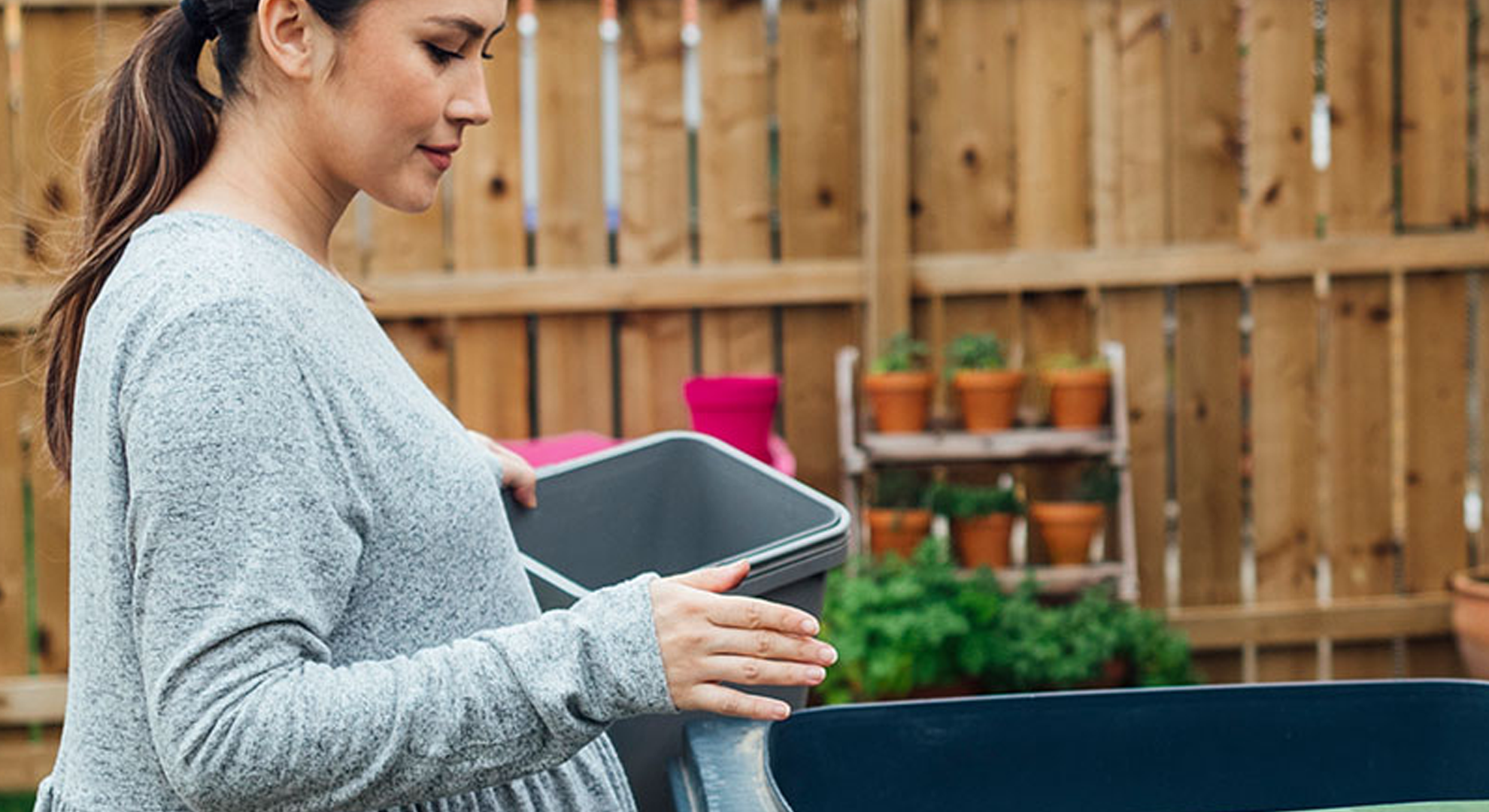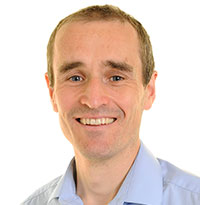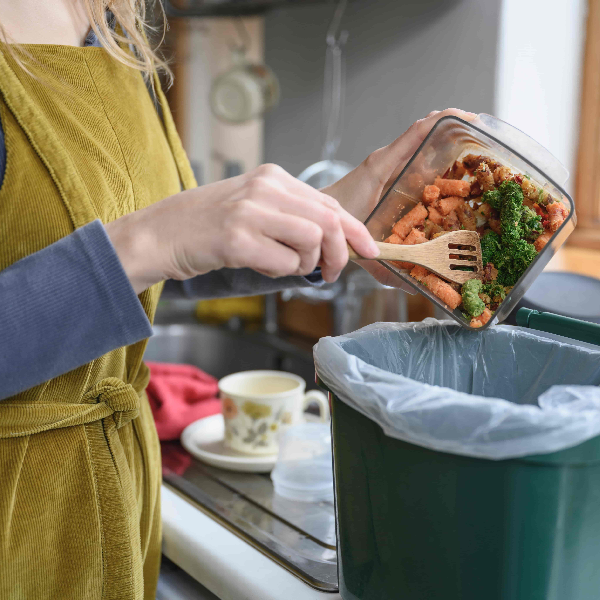
Household recycling rates
Comparative analysis of the policies and practices associated with high household recycling rates.
The Scottish Government previously set a 60% household recycling target by 2020, and an all waste recycling target of 70% by 2025.
Scottish household recycling rates grew by an average of 9% per year between 2005 and 2010. However, in more recent years progress has slowed.
This report analyses high-performing recycling services from around the world. Ten cities/geographical regions with a 60% or more recycling rate were identified and reviewed to identify the occurrence of policies and practices likely to influence the recycling rate. The following areas were included in the review:
- Ghent/Flanders, Belgium
- Argentona, Catalonia, Spain;
- Ljubljana, Slovenia;
- Vancouver, Canada;
- Capannori, Italy;
- Oslo, Norway;
- Parma, Italy;
- Milan, Italy;
- San Francisco, USA;
- Powys, Wales.
Conclusions
No single policy or practice was sufficient on its own to produce household recycling rates of 65% and above.
For those with a 65% household recycling threshold, a stretching local target, comprehensive collections, direct charging for residual waste collections and other incentives to recycle were present in all four cases.
Extended producer responsibility schemes and comprehensive communication were in place for three of the four cases over the 65% threshold.
The findings suggest that high household recycling performance occurs when a range of complementary measures are in place. These measures typically require a significant commitment from both local and national government and householders, which highlights the scale of the challenge in achieving household recycling rates of 65% and above.








